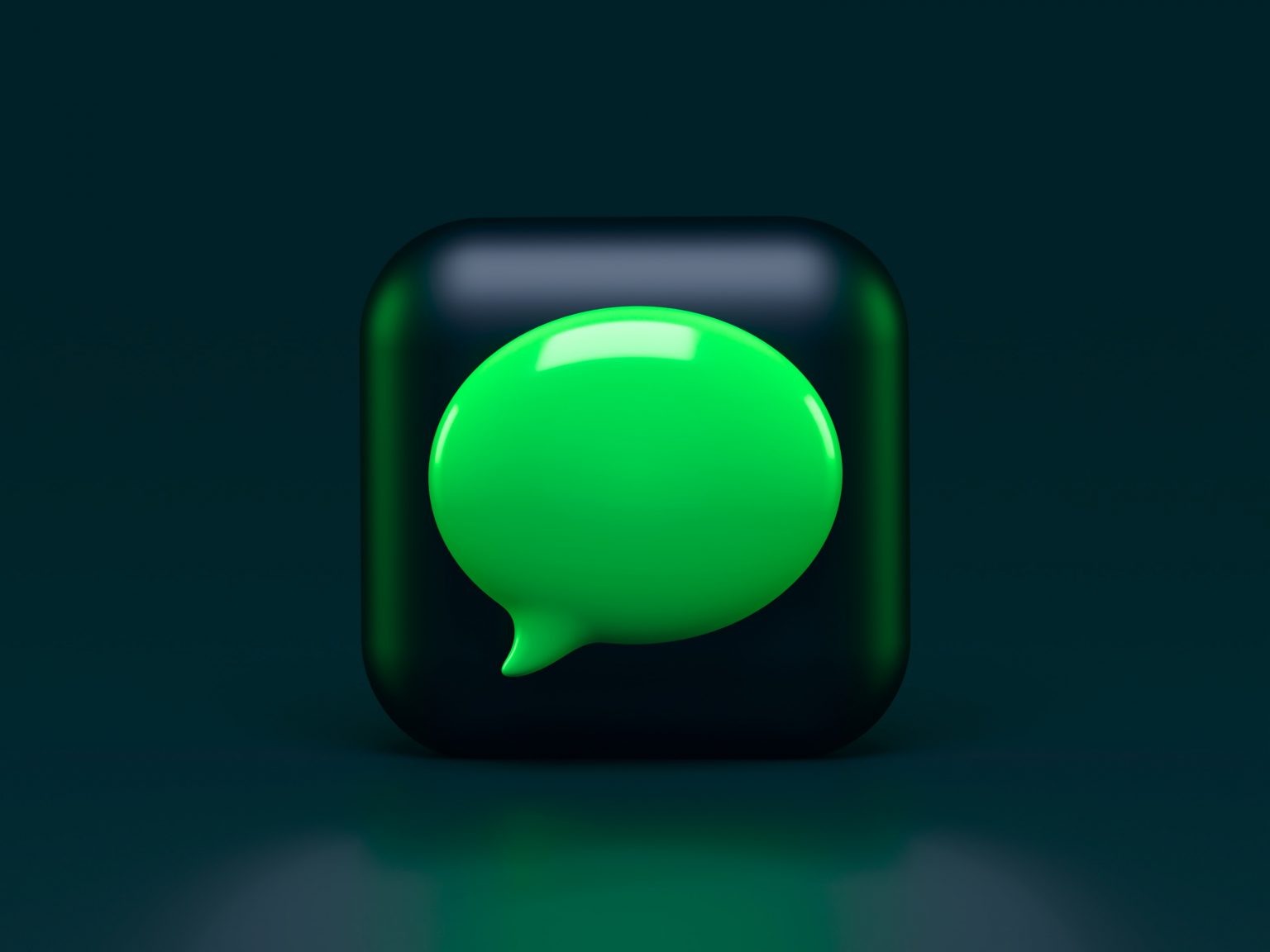Now we know why Apple never brought iMessage to Android, despite the fact that doing so could have made it a ubiquitous messaging app like WhatsApp.
In a court filing for the company’s ongoing legal battle with Fortnite-maker Epic Games, internal emails showcase exactly why Apple execs made the decision they did. And, yes, it’s probably for the reason you guessed!
Stopping people from jumping ship
In 2016, an unnamed Apple employee emailed Phil Schiller, Apple’s former senior vice president of worldwide product marketing, to complain that iMessage meant “serious lock-in” for iOS users. They also said that iMessage was “the #1 most difficult [reason] to leave the Apple universe.”
Schiller responded: “Moving iMessage to Android will hurt us more than help us, this email illustrates why.”
Craig Federighi, Apple’s SVP of software engineering, said porting iMessage to Android would “simply serve to remove [an] obstacle to iPhone families giving their kids Android phones.”
iMessage launched with iOS 5 in 2011. Apple designed it as a more user-friendly version of text messaging, as the company noted at the time.
“Built right into the Messages app, iMessage allows you to easily send text messages, photos, videos or contact information to a person or a group on other iOS 5 devices over Wi-Fi or 3G,” the company said in a press release. “iMessages are automatically pushed to all your iOS 5 devices, making it easy to maintain one conversation across your iPhone, iPad and iPod touch. iMessage also features delivery and read receipts, typing indication and secure end-to-end encryption.”
Since then, a lot of this functionality has become more standard across the tech ecosystem. WhatsApp, for instance, offers these features. WhatsApp’s decision to go cross-platform helped it garner a massive slice of the messaging ecosystem — and a mind-bogglingly large $19 billion acquisition from Facebook in 2014.
Epic’s filing suggests that Apple decided not to develop iMessage for Android back in 2013.
Closed vs. open
Deciding whether to open up its products has presented a big philosophical challenge for Apple throughout its history.
Failing to do this in the 1980s helped establish Microsoft’s dominance in the ’90s. And in the early 2000s, Apple opened up iTunes to PC owners, greatly increasing the market for the iPod. (At the time, Steve Jobs quipped it was like giving ice water to a person in hell.) More recently, Cupertino ported Apple Music to Android shortly after its iOS launch.
But FaceTime, iMessage, Siri, iOS the modern macOS and other systems remain available on Apple devices only. Whether that’s the best business decision is something you can argue about — although it certainly seems to have served the $2 trillion company pretty well!
Do you think Apple made the right call by keeping iMessage’s blue bubbles iPhone-exclusive? Or did it miss a trick by not trying to turn iMessage into a global standard? Let us know your thoughts in the comments below.
Source: Court Liner (.pdf)


